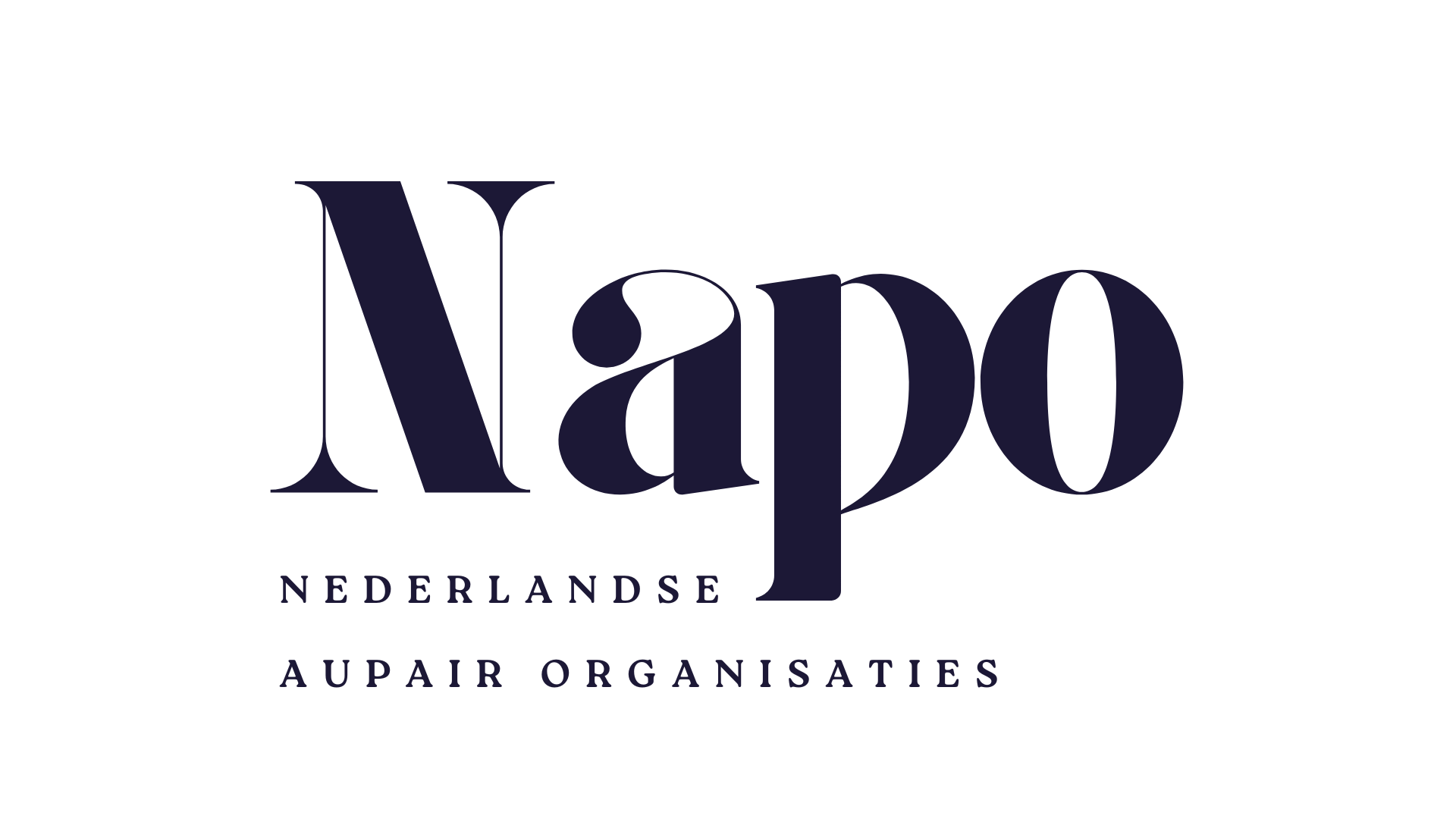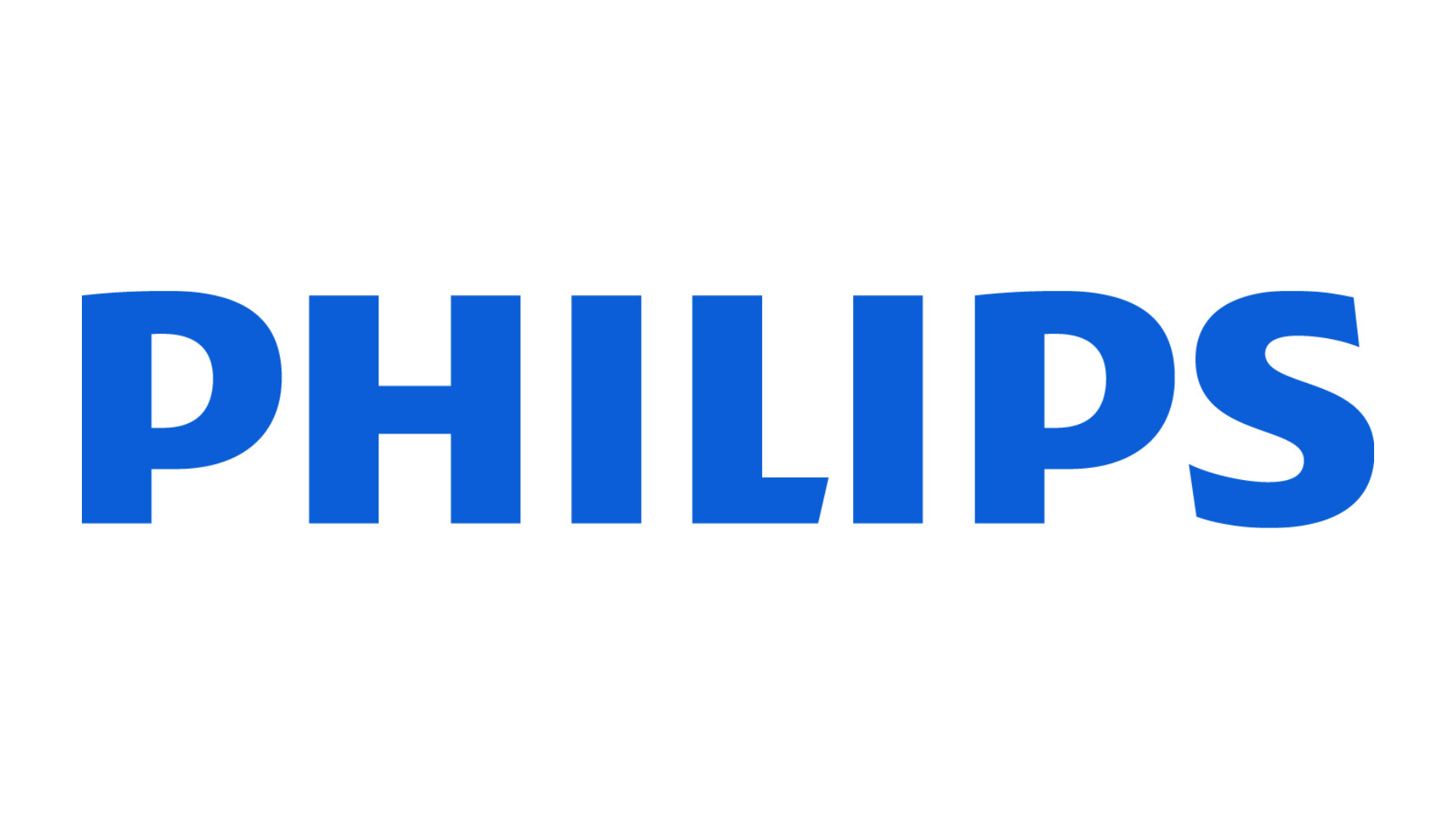Most parents don’t know that an au pair is actually the most affordable childcare option. Au pairs can help +- 30 hours per week. Check out the pricing details by country below! On average an au pair is 500 euro per month, this is why the concept is growing so fast: it's the most personal but also affordable childcare solution.
€68 p/m: Chat unlimited with candidates
€980: Receive 3 active candidates < 1 week (prices differ per country)
€540: Aftermatch support: visa advice and insurance

Find detailed information about costs in your country!
"Personalized matches, verified profiles, and expert support "
Register for free
one time fee
One time fee
/month
Cancel any time




Answer 3 quick questions and discover if it’s the smart solution for your family.
We’re a community built on trust and real experience.
✨ Family-run by sisters Lyla & Jasmijn
✨ Former Au pairs on our team—understanding both Au pairs and families
✨ Trusted by 800+ families in 2024
✨ 1,000+ Au pair applications weekly
✨ Fun events, certified courses & our in-house Au pair academy